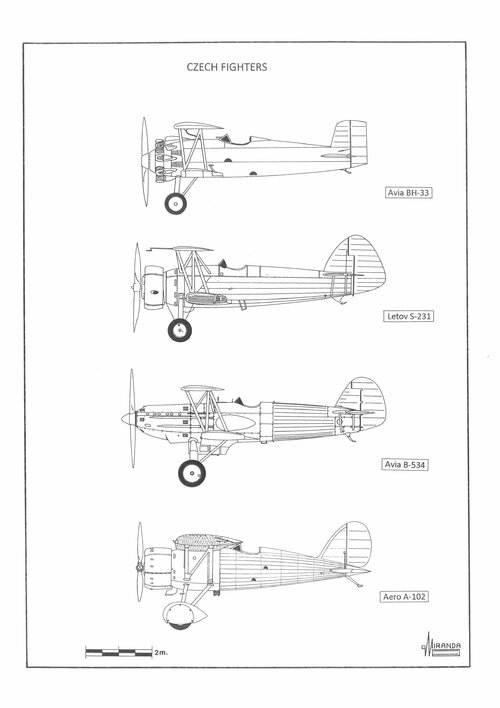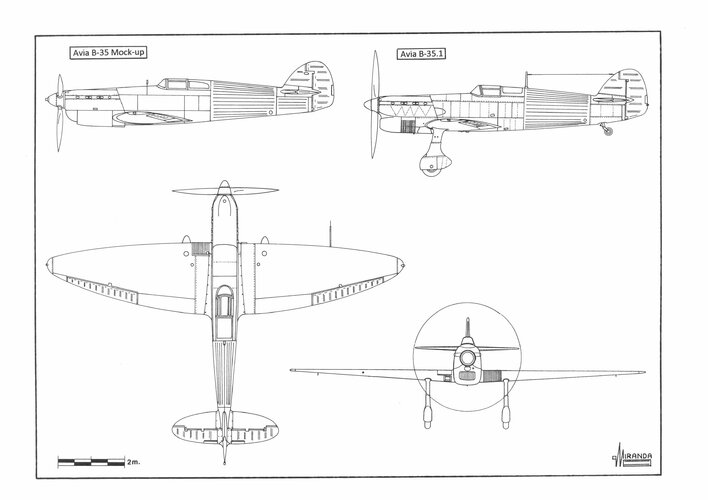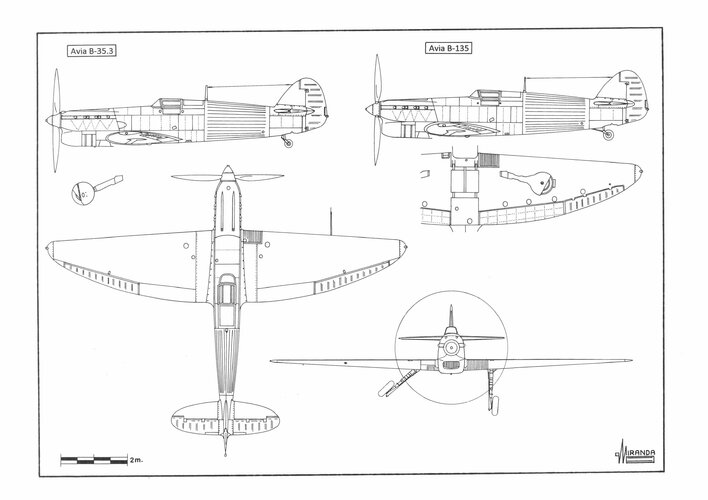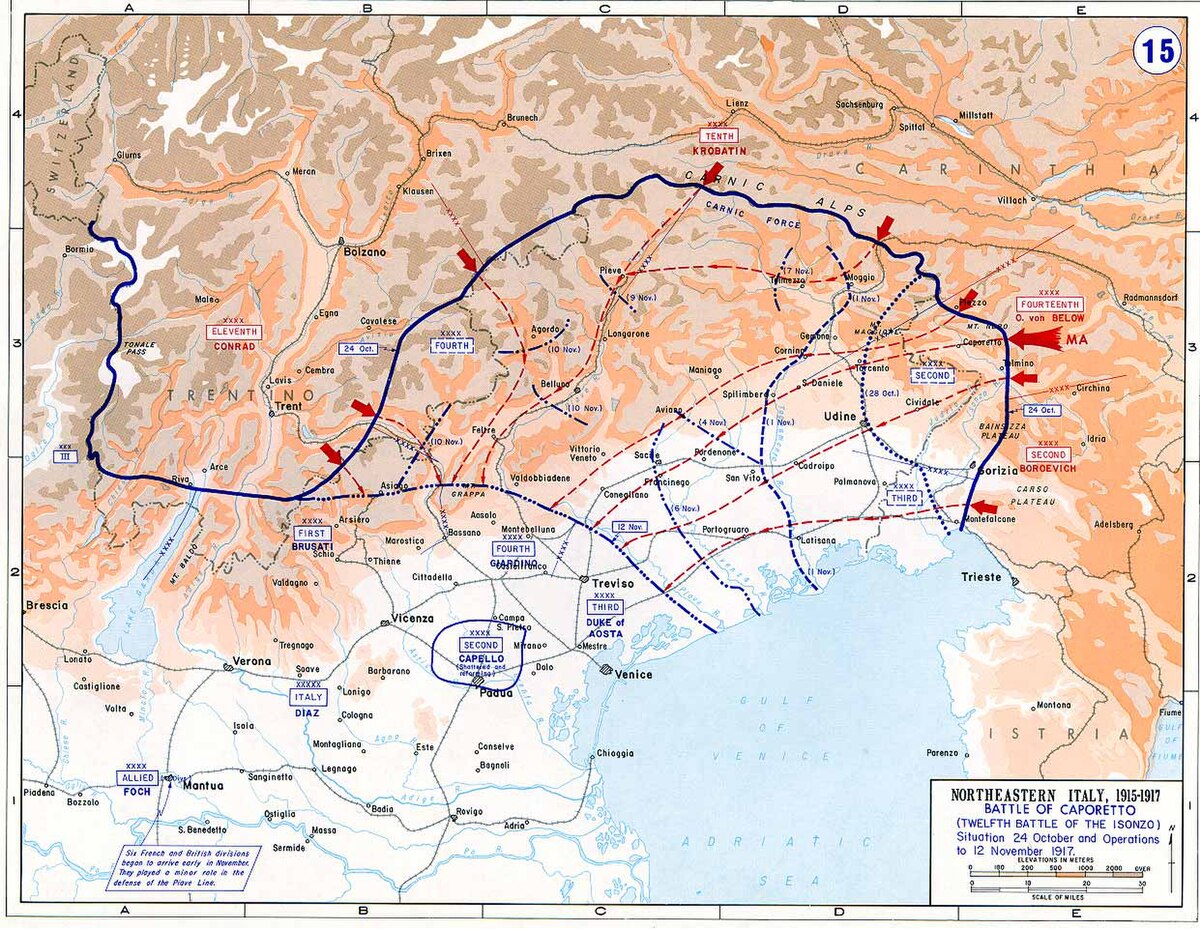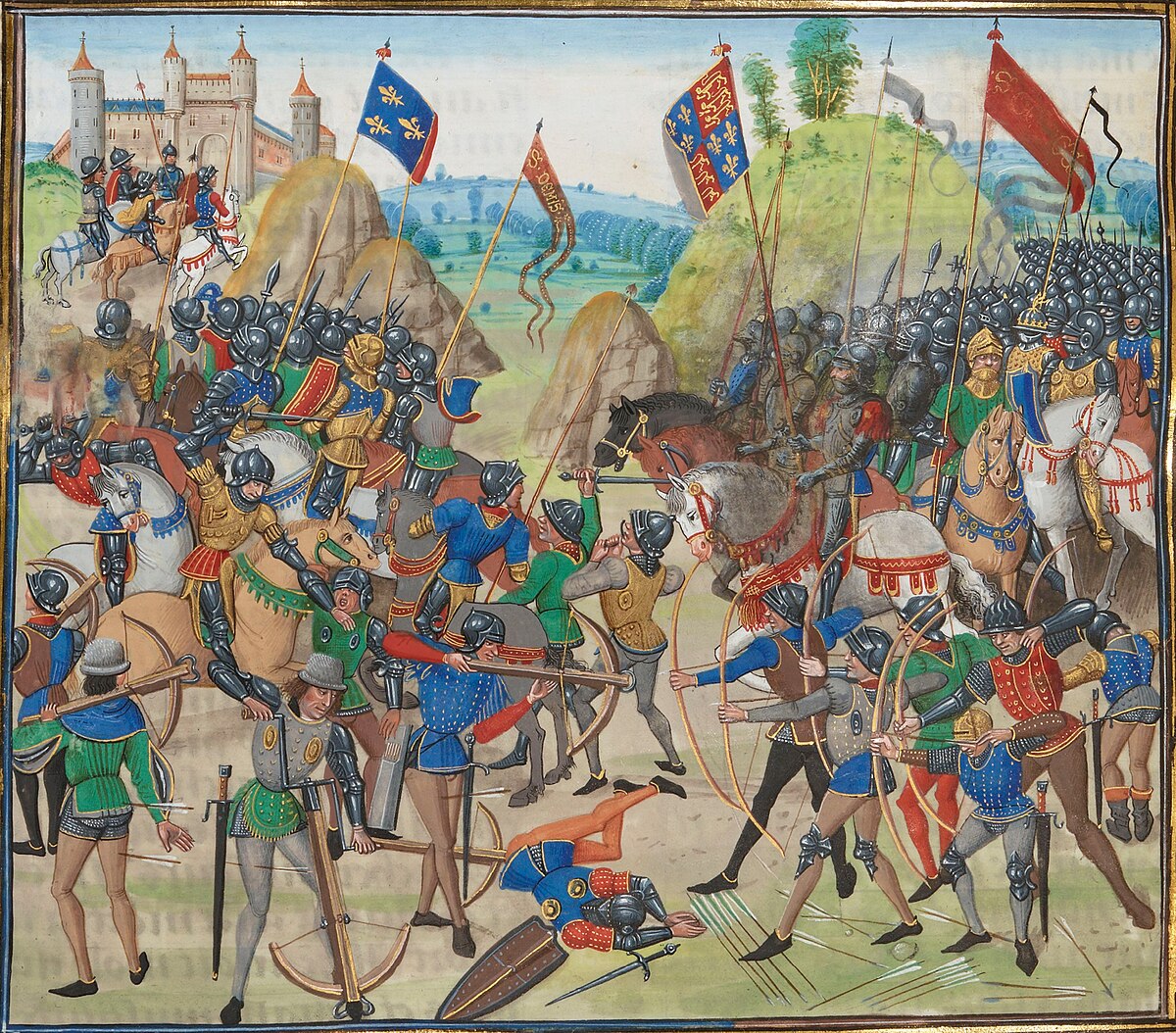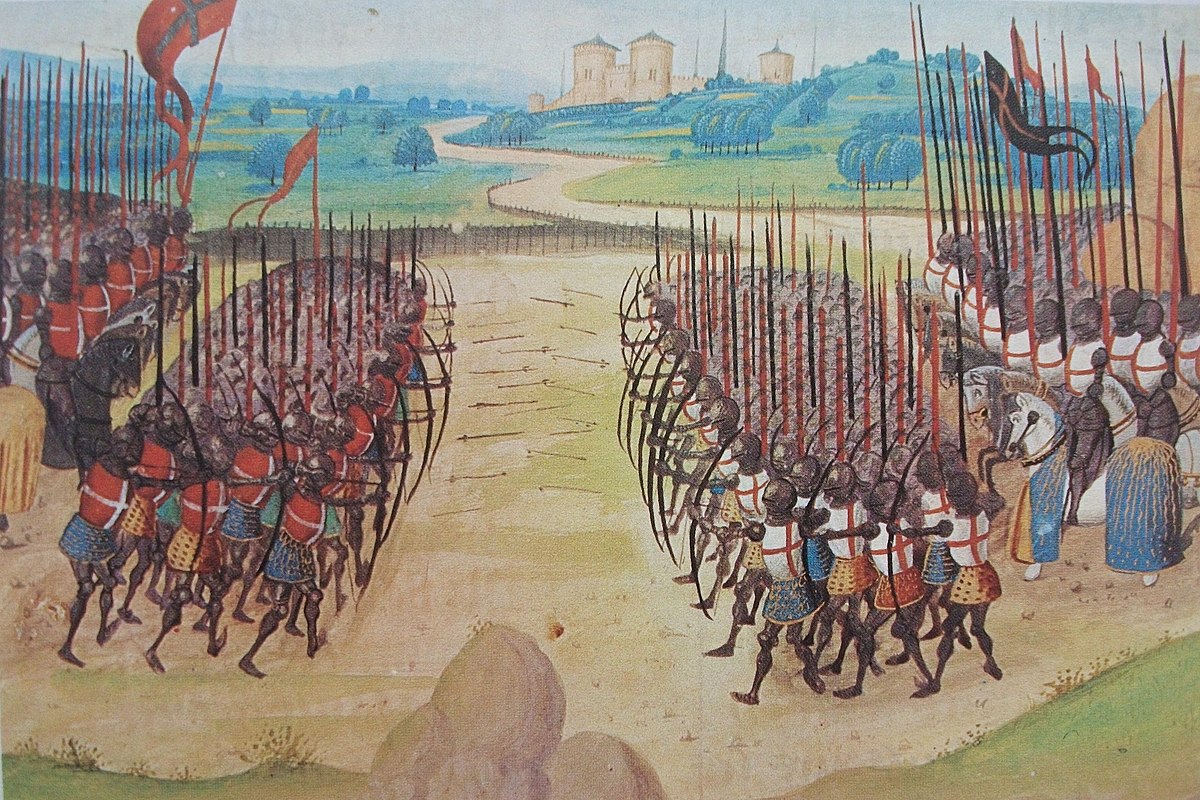- Czechoslovakia (1 October 1938 to 15 March 1939)
Alarmed by the rapid development of the new German monoplane fighters, the Czech Ministry of National Defence (MNO) issued the 23-308 Type I specification on 1 January 1936, calling for a single-seat monoplane fighter with retractable undercarriage, powered by the 1,000 hp Avia H.S.12-1000 Y in-line engine, an advanced version of the French Hispano-Suiza H.S.12Y-37.
When it was learned that the Messerschmitt Bf 109 B-1 had entered service in February 1937, the design team of the firm Avia, under the leadership of Ing. František Novotný, presented the Avia B-35 project. On 22 May the MNO approved the construction of two prototypes, temporarily equipped with fixed undercarriage to gain time. A wooden mock-up, with three bladed propeller and retractable undercarriage, was also approved and displayed at the National Exhibition in Prague.
At the end of 1937 the construction of the prototype B-35.1 began. It flew for the first time on September 1938, powered by an 860 hp Hispano-Suiza/Avia H.S.12Y drs engine, driving one Avia 232A wooden propeller. In a second test, carried out on the same day but with one M-100 metal propeller, the B-35.1 reached a maximum speed of 485 kph.
The prototype was 2,200 kg gross weight, had a 500 km range, a 13 m/s rate of climb and a ceiling of 8,500 m. The wings, spanning 10.85 m, were built in wood/plywood bonded to an outer duraluminium skin and housed two fuel tanks in the wing roots. The fuselage, with 8.50 m length, was built in welded steel-tube with dural panelling forward and plywood/dural aft. It housed the engine, armament, cockpit and a third fuel tank.
Armament tests were carried out later with a
moteur-cannon H.S.12Y crs, with one 20 mm H.S.404 cannon firing through the hub of the Letov Hd 43 propeller, and two ČZ Strakonice vz.30, 7.92 mm synchronized machine guns. The B-35.1 was destroyed in an accident on 22 November 1938.
The B-35.2 made its first flight on 30 December 1938, powered by an H.S.12Y drs, driving one Avia 232B wooden propeller. It differed from the B-35.1 in the wooden structure of the fuselage, designed to facilitate the construction, and in the wing chord, reduced to 215 cm to facilitate manoeuvrability at high speed. No armament was installed.
After the German annexation of the Sudetenland in October 1938, the MNO ordered the urgent construction of 10 pre-production units (B-35.3 to B-35.12), with retractable landing gear.
The B-35.3, equipped with Messier retractable undercarriage, wooden propeller and two machine guns, flew for the first time on 20 June 1939 reaching 535 kph. It differed from the B-35.2 in the wings, designed to facilitate production, with straight leading edge and 223 cm chord. It had 2,462 kg gross weight, 940 km range, 13.5 m/s rate of climb and 9,500 m ceiling.
The pre-production B-35 would have performed better in combat than its contemporaneous Fokker D.XXI, Polikarpov I-6 Type 10, Heinkel He 112 B-0, Messerschmitt Bf 109 B-2 and C-1 and Morane Saulnier M.S. 406 and would have fought on equal terms with the Messerschmitt Bf 109 D-1, the Dewoitine D.520 and Hawker Hurricane Mk.I.
The construction of the B-135 'panic fighter' should start in May 1939, but it was cancelled after the German annexation of Bohemia-Moravia on 15 March 1939.
Bibliography
Books
Němeček V.,
ČESKOSLOVENSKÁ Letadla 1918-1945 (Naše vojsko- Praha 1983).
Bílý M., Bernád D., Kučera P.,
Avia B-35, B-135 (MBI Publications 2003).
Green W.,
Warplanes of the Second World War, Fighters, VOLUME ONE, (MacDonald 1963).
Publications
“
Les Avia B.35/135 de František Novotný”, Le Fana de l’Aviation Nº 190.

